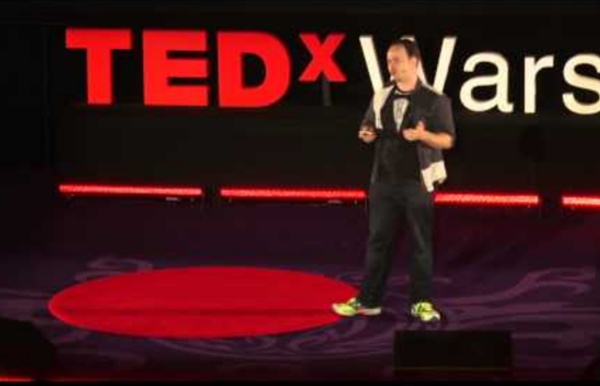Hacking Language Learning: Benny Lewis at TEDxWarsaw

Online Manga University
Manga and Comic eyes vary a tremandous deal in style. Some are incredibly simple and sleak like the eye on the far left, while others are dramatic and beautiful like the example in the middle and any of the many combinations of the two such as the one on the far right. Shine is very important to the eye. why? because it makes the eye look alive. Blinking and Closing of the eyes are important to how the eye lid appears. One feature of the eye that we can't underestimate is the eyebrow. I Bet by this point you're wondering when I'm going to take you step by step on how to draw eyes.... Start by quickly sketching the generally shape of the eye. Next we sketch in where the iris is going to be, keep in mind where the eye is going to be looking. Now sketch in where the pupil and shine are going to be. Next we'll blacken the iris and begin to form the upper and lower parts of the eye. and now the final stage, this is when you would add in finishing touches. Now on to the Next Lesson!
Related:
Related:



